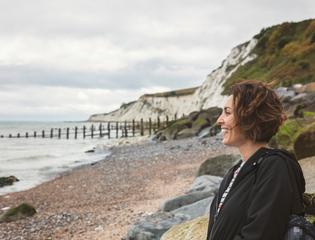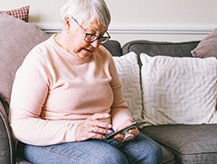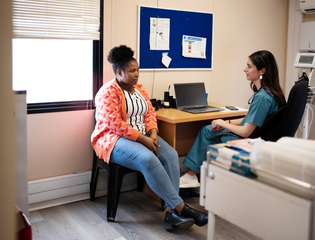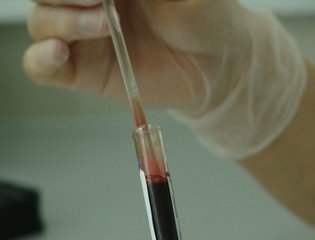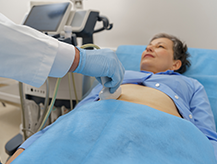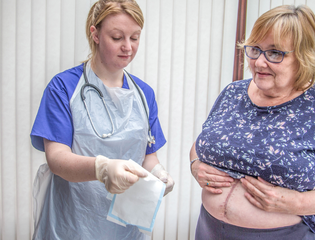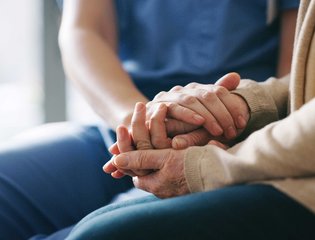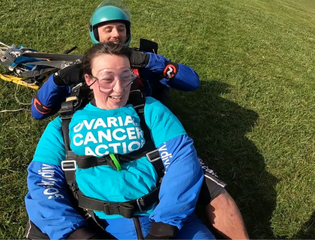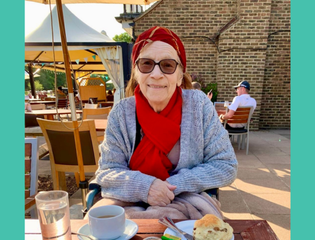Key ovarian cancer information
This page provides essential information about ovarian cancer, covering symptoms, stages, diagnosis, risk factors, and support resources.
Learn to recognise early signs, understand the diagnostic and staging process, and explore treatment options.
We also discuss treatment options, risk factors and causes, and share resources for living well with ovarian cancer, offering support for both patients and loved ones.
Stay informed, take proactive steps, and find the help you need to navigate an ovarian cancer journey with confidence.
Ovarian cancer symptoms and signs
Did you know that only 1 in 10 women in the UK can name the four ovarian cancer symptoms? Due to the signs of ovarian cancer often being misdiagnosed as other, less serious, illnesses it is so important that we empower all women with ovarian cancer symptoms knowledge.
Experiencing ovarian cancer symptoms?
If you're experiencing ovarian cancer symptoms or are looking for more information about how to test for ovarian cancer or how ovarian cancer is diagnosed, take a look at our guides below.
Ovarian cancer prevention
Is there a way to prevent ovarian cancer? Here we look at what causes ovarian cancer risks and if there are any potential opportunities to minimise the risk of ovarian cancer.
Living with ovarian cancer
Regardless of whether you're on maintenance treatment, in remission or experiencing a recurrence – here you can find many resources on living with ovarian cancer.

